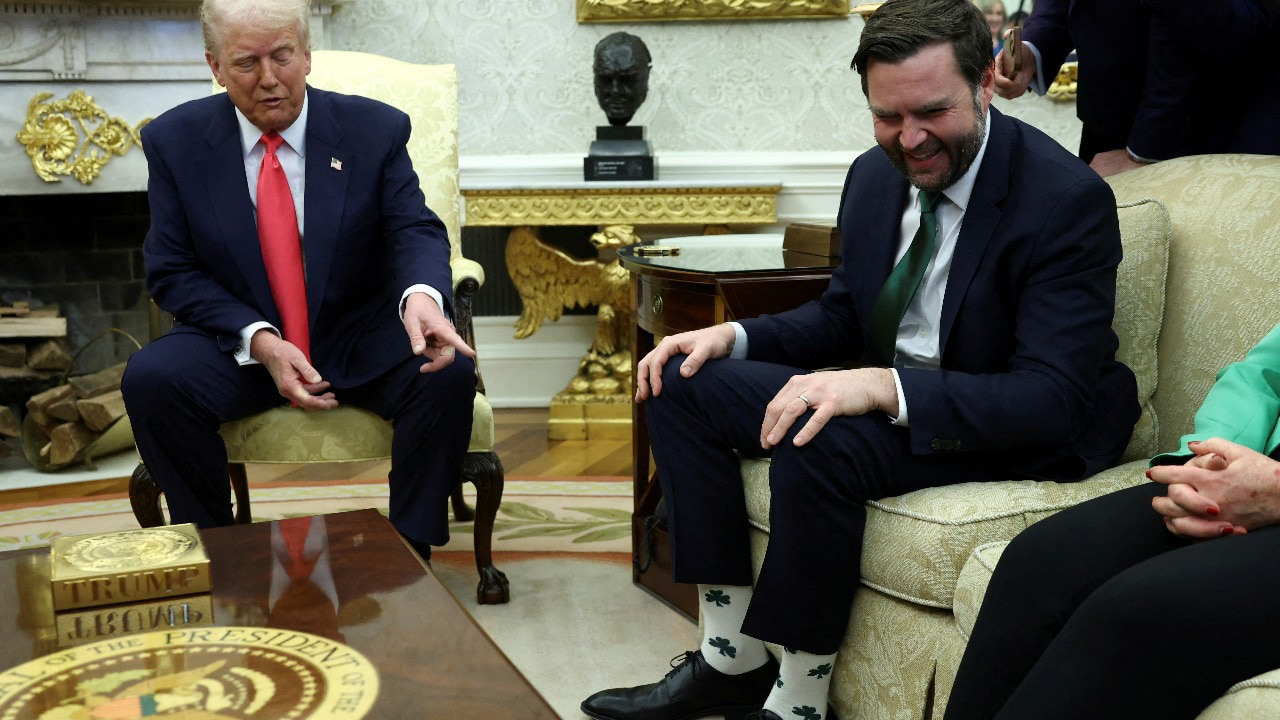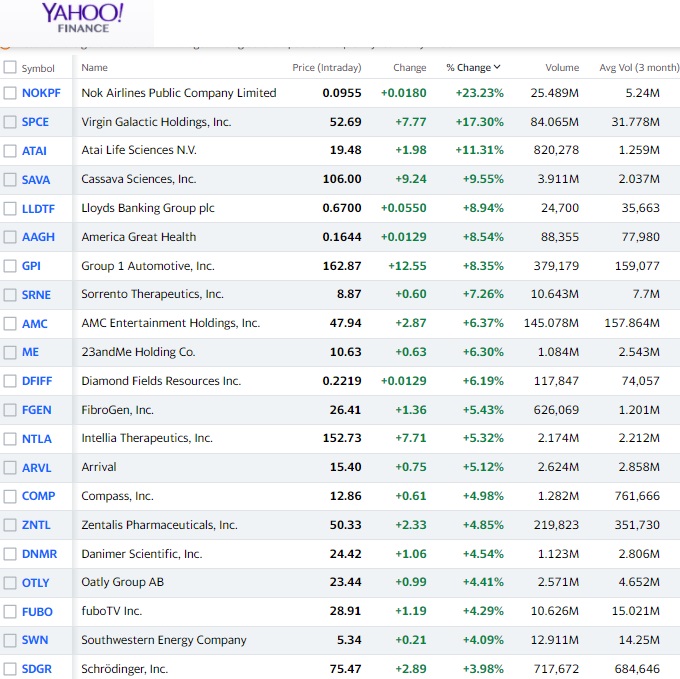Macron Urges EU To Prioritize European Purchases Over American Imports

Table of Contents
Macron's Motivations for Prioritizing European Purchases
Macron's call for prioritizing European purchases stems from a multifaceted strategy aimed at bolstering the EU's economic and geopolitical standing. His motivations are rooted in a desire for greater strategic autonomy and a stronger European economy.
Strategic Autonomy and Reducing Reliance on External Suppliers
A core element of Macron's strategy is reducing the EU's dependence on external suppliers, particularly the United States. This involves:
- Emphasis on reducing dependency on US technology and critical resources: This includes semiconductors, rare earth minerals, and key software components crucial for various industries. The goal is to decrease vulnerability to potential supply chain disruptions originating outside the EU.
- Strengthening European supply chains for key industries: This requires significant investment in domestic production and manufacturing capabilities across sectors like energy, technology, and pharmaceuticals. A more resilient supply chain within the EU would offer greater security and stability.
- Improving resilience against geopolitical shocks: By reducing reliance on single-source suppliers, the EU aims to withstand geopolitical pressures and maintain economic stability even in times of international conflict or instability.
- Examples of specific sectors where reliance on US imports is a concern: The automotive industry, for example, relies heavily on US-produced components. Similarly, the tech sector’s reliance on US cloud services and software raises concerns about data sovereignty and potential vulnerabilities.
Boosting European Economic Growth and Job Creation
Prioritizing European purchases is also viewed as a means to stimulate the European economy:
- Stimulating domestic production and manufacturing: By favoring EU-made goods and services, the policy aims to encourage domestic production and boost industrial output within the EU.
- Creating new jobs within the EU: Increased domestic production translates into a greater demand for labor, leading to job creation across various industries.
- Supporting European businesses and innovation: This policy favors EU businesses, fostering competition and innovation within a protected domestic market, at least initially.
- Potential impact on GDP growth: Successful implementation could lead to higher GDP growth by increasing overall economic activity within the EU.
Counteracting Perceived Unfair Trade Practices
Macron's initiative also seeks to address perceived unfair trade practices by the US:
- Addressing concerns about potential trade imbalances with the US: The initiative aims to correct what some perceive as an uneven playing field in transatlantic trade, leading to a trade deficit for the EU.
- Highlighting instances of what Macron and his supporters view as unfair competition: This includes concerns about US subsidies to certain industries and other trade practices seen as detrimental to European businesses.
- Mentioning the potential for retaliatory measures from the US: The push for increased European purchases might trigger retaliatory measures from the US, potentially escalating trade tensions.
Potential Consequences and Challenges of Prioritizing European Purchases
While the benefits of prioritizing European purchases are appealing, the initiative faces significant challenges and potential drawbacks.
Trade Wars and Retaliation from the US
The most significant risk is the potential for a trade war:
- Potential for increased tariffs and trade restrictions from the US: The US might retaliate with increased tariffs on EU exports, harming European businesses and consumers.
- The risk of escalating trade tensions and damaging the transatlantic relationship: Such a scenario could severely damage the already strained relationship between the EU and the US, impacting diplomatic cooperation on various global issues.
- Economic consequences for EU businesses reliant on US imports: Many EU businesses depend heavily on US imports. Increased tariffs would significantly increase their costs and reduce competitiveness.
Higher Prices for Consumers
A shift towards prioritizing European purchases could lead to higher prices:
- Potential for increased prices for certain goods and services: Reduced competition and limited supply could drive up prices for consumers, particularly for goods currently imported at lower costs from the US.
- The impact on consumer spending and inflation: Higher prices could reduce consumer spending and contribute to inflation within the EU.
- The difficulty in balancing national interests with consumer welfare: The EU faces a difficult choice between prioritizing national economic interests and ensuring affordable goods and services for its citizens.
Implementation Challenges and Political Opposition
Implementing this policy across the diverse EU member states presents significant hurdles:
- Difficulties in coordinating policies across diverse EU member states: Achieving consensus among 27 member states with varying economic interests and priorities is a complex political challenge.
- Potential opposition from businesses benefiting from imports: Businesses that rely on importing goods from the US would likely oppose such policies.
- Negotiating trade agreements that balance protectionism with free trade principles: Finding a balance between protecting domestic industries and adhering to free trade principles is crucial for maintaining good international relations.
The Broader Debate on European Economic Sovereignty
Macron's initiative highlights a broader discussion about European economic sovereignty:
The Role of Strategic Industries and Technological Independence
Securing critical technologies is a key element of this debate:
- Discussions around securing supply chains for critical technologies (semiconductors, AI, etc.): The EU needs to ensure reliable access to essential technologies to maintain its competitiveness and avoid dependence on foreign suppliers.
- Investing in research and development to foster technological independence: Significant investment in R&D is needed to develop domestic capabilities in crucial technological areas.
- The importance of fostering innovation within the EU: A vibrant innovation ecosystem is essential for achieving technological independence.
Balancing Protectionism and Free Trade
The debate involves finding the right level of protectionism:
- The debate surrounding the optimal level of protectionism for the EU: There is no consensus on the appropriate level of protectionism; some argue for a more open market, while others advocate for stronger protection of domestic industries.
- The benefits and drawbacks of free trade agreements: Free trade agreements offer access to larger markets but can also expose domestic industries to greater competition.
- Finding a balance between economic independence and international cooperation: The EU needs to find a balance between promoting its own economic interests and maintaining positive international relations through cooperation and trade agreements.
Conclusion
Macron's push to prioritize European purchases reflects a significant shift in the EU's trade approach, driven by concerns regarding strategic autonomy and economic independence. While prioritizing European purchases offers potential benefits like boosting domestic industries and creating jobs, it also entails significant risks, including potential trade wars and higher consumer prices. The EU faces a complex challenge in balancing these competing interests and maintaining strong transatlantic relations. Further discussion and careful consideration are vital to finding a sustainable path forward that supports the growth of European businesses and secures the long-term economic well-being of the EU. The future of European purchases and related policies will significantly impact the EU's economic and geopolitical influence on the global stage. Understanding the intricacies of this policy and its potential impacts is crucial for all stakeholders involved in the European economy.

Featured Posts
-
 Hilarious Wh Moments Trump Irish Pm Jd Vance And Those Socks
May 21, 2025
Hilarious Wh Moments Trump Irish Pm Jd Vance And Those Socks
May 21, 2025 -
 Spectacles Engages Au Festival Le Bouillon De Clisson
May 21, 2025
Spectacles Engages Au Festival Le Bouillon De Clisson
May 21, 2025 -
 Sound Perimeter And Shared Experience The Power Of Music
May 21, 2025
Sound Perimeter And Shared Experience The Power Of Music
May 21, 2025 -
 Top Outdoor Restaurants In Manhattan Where To Dine Alfresco
May 21, 2025
Top Outdoor Restaurants In Manhattan Where To Dine Alfresco
May 21, 2025 -
 Vanja Mijatovic Razlozi Za Promenu Imena
May 21, 2025
Vanja Mijatovic Razlozi Za Promenu Imena
May 21, 2025
Latest Posts
-
 Growth Opportunities Mapping The Countrys Evolving Business Hot Spots
May 21, 2025
Growth Opportunities Mapping The Countrys Evolving Business Hot Spots
May 21, 2025 -
 Understanding The Countrys Shifting Business Landscape
May 21, 2025
Understanding The Countrys Shifting Business Landscape
May 21, 2025 -
 Exploring New Business Opportunities A Map Of The Countrys Hottest Areas
May 21, 2025
Exploring New Business Opportunities A Map Of The Countrys Hottest Areas
May 21, 2025 -
 The Countrys Top Business Hot Spots Where To Invest Now
May 21, 2025
The Countrys Top Business Hot Spots Where To Invest Now
May 21, 2025 -
 The Challenge Of Bringing Factory Jobs Back To The Us Workforce And Reality
May 21, 2025
The Challenge Of Bringing Factory Jobs Back To The Us Workforce And Reality
May 21, 2025
